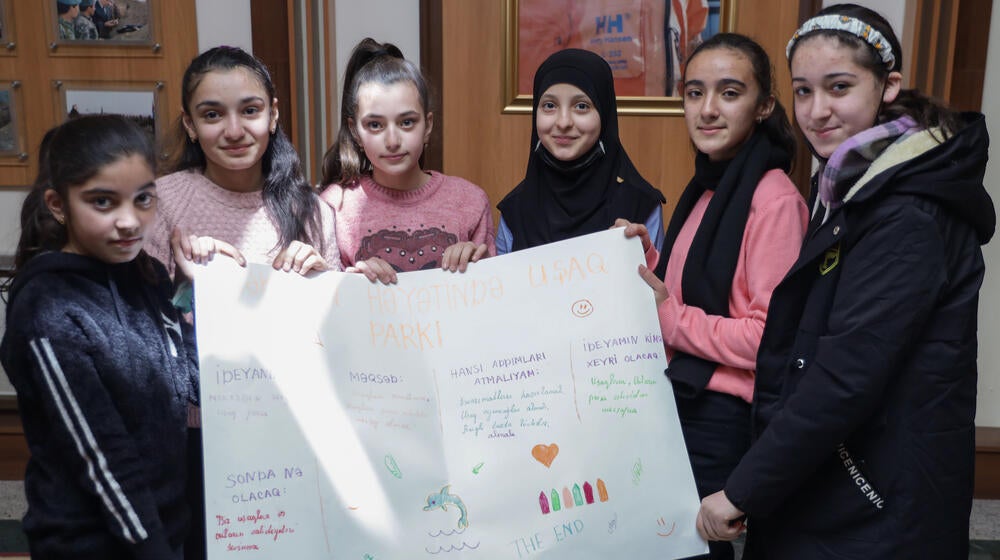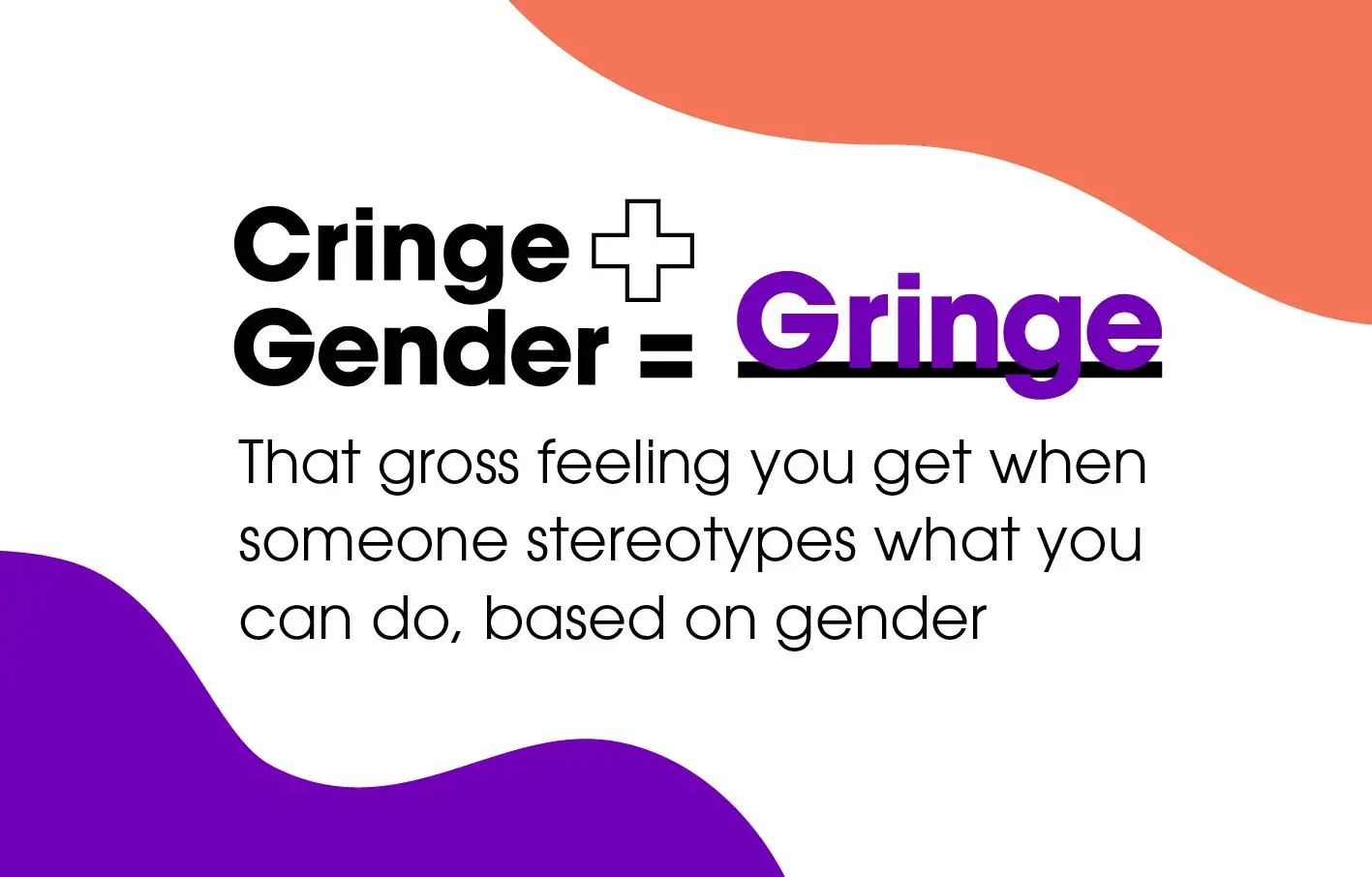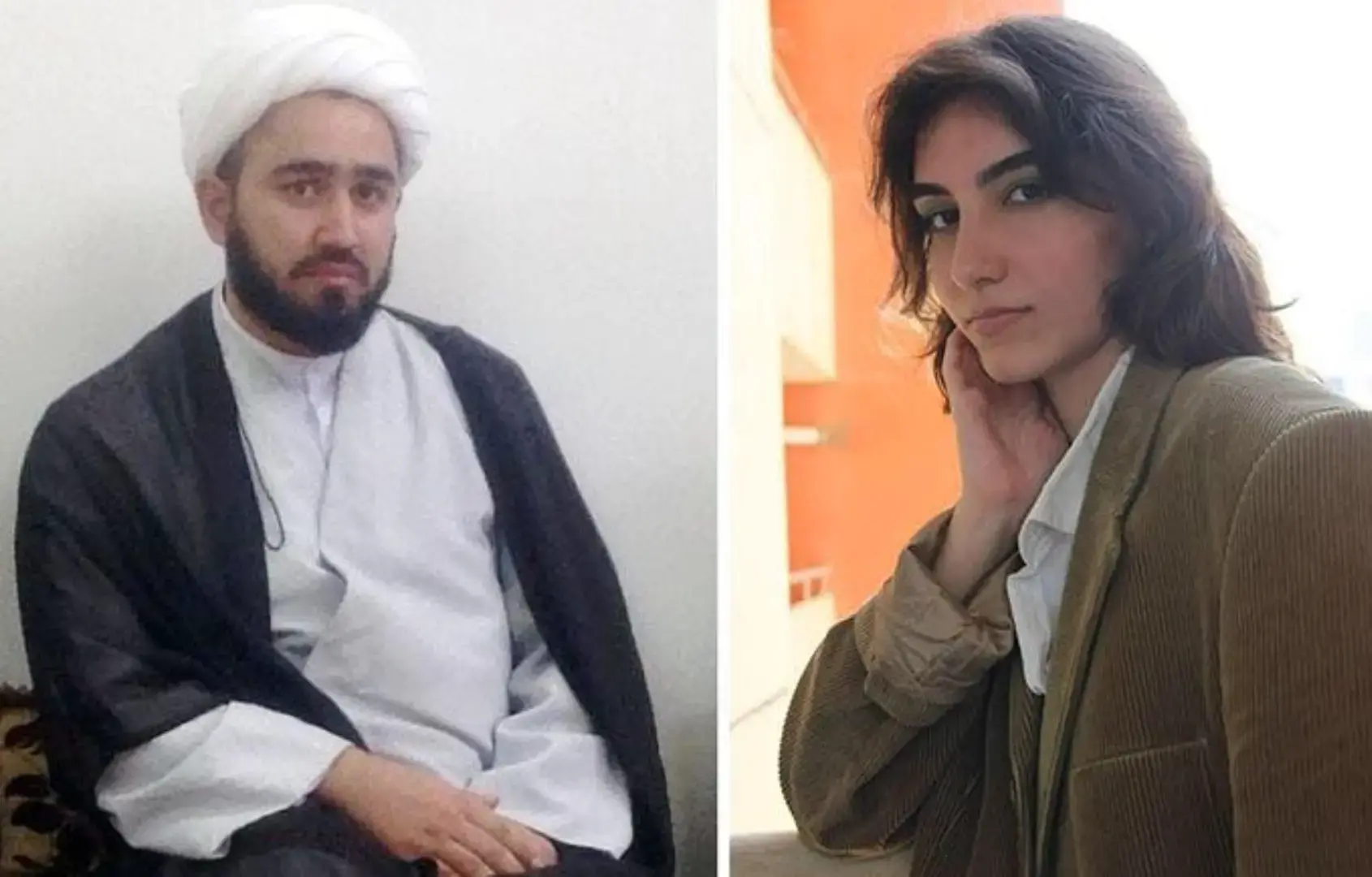“My mother was not allowed to study,” said Aytan Fatullayeva, who is 14 years old, from Lerik, in south-east Azerbaijan. “If she had, things could have been very different for my family.”
Aytan grew up in a conservative part of Azerbaijan. “If a girl wants to become an architect, for example, typically, her parents would say that it’s a ‘man’s job’ and they would not let her go for it,” she said.
Aytan is one of an increasing number of girls who have their sights set on change. Girls who don’t put up with the limitations and discrimination imposed on them just because of their gender. According to Aytan, education is the engine of that change.
“My classmates accept whatever they are told,” said Aytan. “Because they have no information about their rights or the protection mechanisms available to them.”
The "EU 4 Gender Equality: Together against gender stereotypes and gender-based violence" (EU4GE) programme, implemented by UNFPA and UN Women with funding from the European Union, addresses these challenges by strengthening equal rights and opportunities for women and men, overturning harmful social perceptions and gender stereotypes and empowering girls like Aytan to fulfil their dreams.
In 2021, and as part of the EU4GE programme, UNFPA partnered with two local NGOs, Azerbaijani Women in Science and Support for the Growth of Modern Youth Development, to implement the “Fantastic 4 Educational Programme”. This partnership works to raise awareness about the importance of education by training adolescent schoolgirls and their parents in four regions of Azerbaijan.
More than 500 girls attended 27 training sessions in marketing, engineering, project development, start-ups and innovation as part of this programme. As a result, 17 teams of girls were formed, and each team is currently developing social entrepreneurship ideas linked to the sustainable development goals.
Aytan learned about Azerbaijani Women in Science through the EU4GE programme and in December 2021, she took part in a training session. The following month, she became an Ambassador for the programme, and, in February, she organized an event at her school in Lerik. As a result of her efforts, nine girls joined Azerbaijani Women in Science. Now, they take part in competitions, training and webinars.
“I am not going to stop with these nine girls,” said Aytan. “I want to see all the girls educated, aware of their rights and empowered to decide about their own future.”
Under the EU4GE programme, Aytan would like to develop a social platform that brings together women and girls who have been affected by early marriage. She hopes girls like her will have more opportunities than her mother’s generation to become agents of change and ensure gender equality in Azerbaijan.
“Women and men have equal rights!” said Aytan. “Education can empower and shape our future.”





